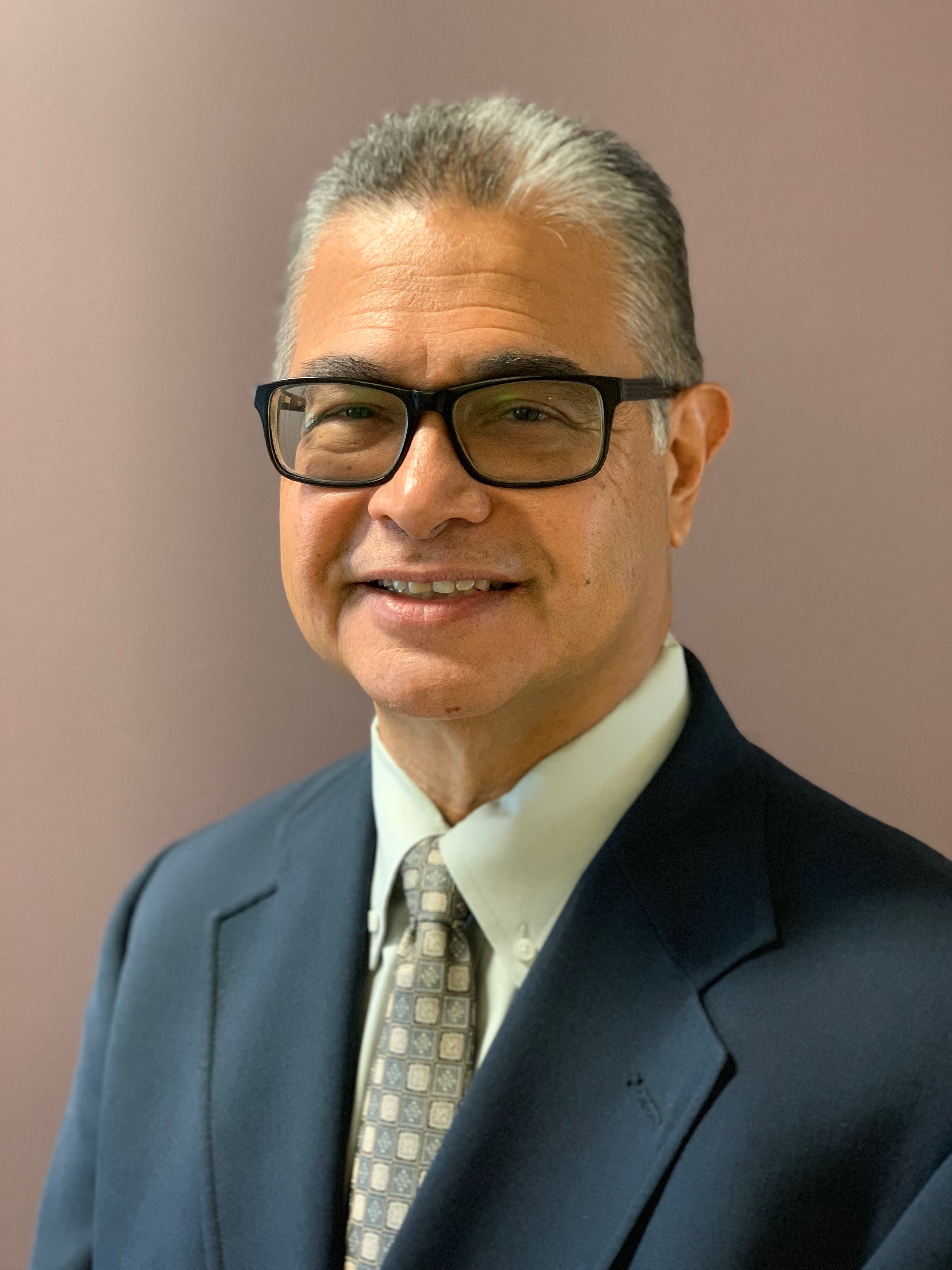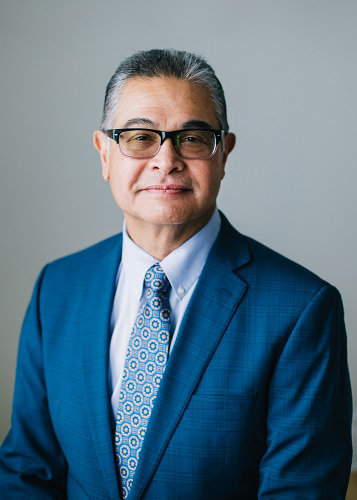
In October, I attended the One Utah Summit in Cedar City. It was an opportunity to discuss topics that unite us in Utah including water scarcity and resiliency, outdoor recreation, the beauty of Utah’s landscapes, economic entrepreneurship and self-sufficiency, cultural heritage, and diversity. This conference previously had the name of the Utah Rural Summit, but as the name change implies, it is a hallmark of the Cox-Henderson administration to bring all the parts of the state under the same banner of One Utah.
The concept of One Utah is just as appropriate for energy and minerals extraction in the state. We all depend on abundant and affordable energy supplies and mineral resources that come from the earth. Even renewable sources of power, such as wind and solar, rely on materials derived from mined products at some point – whether it is the towers and blades that compose windmills or the minerals that end up in solar panels. In rural Utah, not only do we depend on the same consumer products of fuel and manufactured goods, but local economies are supported by industrial jobs and the service sector that is built around vibrant business activity.
It is easy to align ourselves with one faction or another in a political landscape. It allows us to disregard those sectors of society that do not comport with our views of the world. But the concept of One Utah is constructive by nature. By acknowledging and embracing our interdependence, we can build relationships, partnerships, and collaborations that provide benefit to Utahns wherever we reside. Our mutual successes in society are based on establishing and maintaining good working relationships in all corners of the state.


